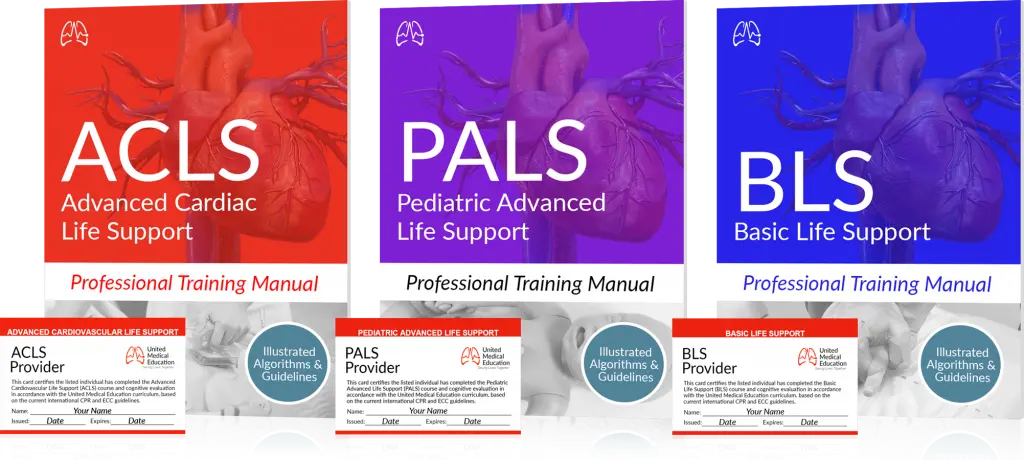
Carlo Castillo
Carlo is a Professional Health and Education Writer. He has built a career creating educational articles for both patients and healthcare professionals.
As per the World Health Organization, around 422 million people around the world have diabetes. Annually, 1.6 million fatalities are directly connected to diabetes. What’s more alarming is that the number of people developing diabetes has been growing over the past few decades.
According to the American Heart Association, diabetes is considered one of the major controllable cardiovascular disease (CVD) risk factors. People who have Type 2 diabetes are twice more likely to acquire and die from CVD such as heart failure, strokes, and heart attacks compared to other people who are diabetes-free.
To further understand this, let’s talk about diabetes first. Diabetes is defined as a chronic, metabolic disease that is characterized by elevated blood glucose (blood sugar) that leads over time to damage the heart, eyes, blood vessels, nerves, and kidneys.
Diabetes can be treated but even if glucose levels are managed properly, it still increases the risk of stroke and heart disease. The reason for this is that diabetes patients, especially with Type 2 may have conditions that add more to the risk of developing heart disease.
Stats About Prediabetes
According to the CDC, 88 million adults in the United States have prediabetes. The more shocking fact is that more than 84% of those people are not aware of their condition. Having prediabetes means having higher than normal blood sugar levels but not high enough to be assessed as type 2. Prediabetes increases the risk for diabetes, stroke, and heart disease. If diagnosed with prediabetes, it is advised to take a lifestyle change program early on to have a fighting chance to reverse it.
Types of Diabetes
Different types of diabetes are classified depending on the severity of the case.
Type 1 Diabetes
Type 1 Diabetes is the more severe one as it is a chronic condition wherein the pancreas struggles to produce the right amount or no insulin at all. Also called juvenile diabetes, type 1 diabetes provides a more difficult state to any patient as this is an insulin-dependent diabetes. Type 1 diabetes patients must have regular treatment and a continuous supply of insulin to survive.
Type 2 Diabetes
The most typical is Type 2 diabetes that is common in adults. Older people have a higher risk of becoming resistant to insulin or lacking production of required insulin levels. For the past 30 years, the dramatic rise of Type 2 diabetes has been evident in all countries.
Gestational Diabetes
This type of diabetes only occurs in pregnant women, especially those who never had the condition before. Pregnant mothers with gestational diabetes have a higher risk of developing type 2 diabetes as they get older. The baby being carried by the mother who has gestational diabetes also has a higher risk of developing health problems and having type 2 diabetes in the future as well.
Now that we have tackled diabetes and its types, time to move on to its deadly connection to heart disease. One of the most fitting references that could shed light on the deadly combo of heart disease and diabetes is a 2019 study conducted in Europe.
2019 Study About Diabetes and Risk of Heart Failure
After experiencing a heart attack, diabetics have a higher risk of heart failure that may lead to subsequent death compared to people without diabetes. This fact is based on the results of the FAST-MI registry that was presented at the 2019 ESC Congress.
The study utilized data from nationwide surveys in France from 2005 to 2015. Analyzed were information from 12,660 heart attack patients. The researchers checked whether diabetic patients have a higher chance to develop heart failure while staying at the hospital and in the year after. A comparison was also made between patients readmitted for nonfatal heart failure and those who did not have any heart failure development a year after their heart attack.
Almost 25% (3,114 out of 12,660) of the patients that were hospitalized due to an acute myocardial infarction from a ten-year period already had known diabetes. During the stay at the hospital for myocardial infarction, 17% of the diabetes-free patients developed heart failure while 32% are those with diabetes. After making adjustments on other factors that might cause heart failure, diabetic patients had a 56% higher risk of developing heart failure compared to those without diabetes.
For patients who survived a heart attack, 1.8% of diabetes-free patients were hospitalized because of nonfatal heart failure while 5.1% were diabetics. After adjustments on the factors, it showed that diabetics have a 44% higher heart failure risk.
According to the principal investigator of the study, Prof. Nicholas Danchin, the results presented how diabetes considerably increased heart failure risk especially after experiencing a heart attack. In addition, diabetics who develop heart failure one year after a heart attack are prone to death in the next few years. He suggested the need to ramp efforts to prevent diabetes as diabetic patients have a higher chance of developing heart failure that could lead to more immediate death.
Risk Factors Connected to the Combo of Diabetes and Heart Disease
There are several risk factors that people should have enough information about. Diabetes and heart disease offers a deadly combination because they heighten the chances of fatality. Below are the risk factors that people who have diabetes and heart conditions should be aware of.
Hypertension
Hypertension or high blood pressure is a huge risk factor for stroke and heart disease. There have been studies that have proven the connection between insulin resistance and hypertension. For patients who have both diabetes and high blood pressure, the risk for cardiovascular diseases increases so much more.
Obesity
Obesity is one of the most obvious risk factors for heart disease and is strongly connected with insulin resistance. It is essential to have the optimal weight required for the body to lessen the CVD risk. Weight loss can help increase insulin sensitivity and decrease insulin concentration. Insulin resistance and obesity are also connected with different risk factors such as hypertension.
High Triglycerides and Abnormal Cholesterol
Diabetics usually have unhealthy levels of cholesterol including low HDL, high LDL, and high triglycerides. Typically, this happens in patients who have premature coronary heart disease. This is also a lipid disorder characteristic that is associated with resistance to insulin called atherogenic dyslipidemia. For diabetics, this is called diabetic dyslipidemia.
Lack of Exercise
Exercise can help prevent or even just delay Type 2 diabetes and reduce blood pressure. Exercising regularly can lessen the risk for stroke and heart attack. Any form of moderate to vigorous activity can be beneficial. Simple housework, sports, or gardening regularly can be helpful.
According to the American Heart Association, it is recommended to have a minimum of 150 minutes of moderate aerobic activity per week. For vigorous aerobic activity, it is advised to allot a minimum of 75 minutes each week.
Smoking
This is one of the risk factors that are very dangerous for everyone, even those without diabetes. It gives anyone a much higher risk to develop heart disease or suffer a stroke. Stop smoking at an early age to lessen the risk. Don’t wait until it’s too late.
Prevention of Heart Disease in Diabetic Patients
Preventing the development of heart disease in diabetic patients is possible only if they commit 100% to take care of their bodies. Treating diabetes religiously and following rigorous self-discipline can help fight off CVD.
Consume Only the Right Foods
Eating the right foods and keeping blood sugar at normal levels all the time could serve as a huge plus. Discipline is required with this aspect as there may be so many tempting foods available everywhere. Learning to say no and sticking to the proper diet regimen could be beneficial in the long run. Establishing the right mindset early can be key to extending life in the future.
Manage Blood Pressure Consistently
This may be one of the most challenging aspects but controlling blood pressure can be achieved by taking the right medication and just adjusting to a healthy lifestyle. People who have diabetes should target under 130/80.
Lose the Excess Weight
As mentioned earlier, obesity is such a huge risk factor. Losing weight should be one of the most immediate goals for a person with diabetes. Now is the time to get yourself together to delay or prevent the development of heart disease.
Manage Stress
Stress can instantly heighten blood pressure levels. It is also connected to unhealthy acts such as overeating and excessive drinking of alcohol. Having diabetes may be stressful for a lot of patients but the important thing is to keep a positive mindset and to battle the condition head-on.
Diabetes and heart disease are the two conditions that contribute to millions of deaths worldwide. For decades, people who have both of these conditions have been continuing to rise. Millions of people need to be more aware of the mentioned risk factors above to make the trend decline. Healthy lifestyle habits, proper medication, and affordable access to healthcare should be a top priority.






